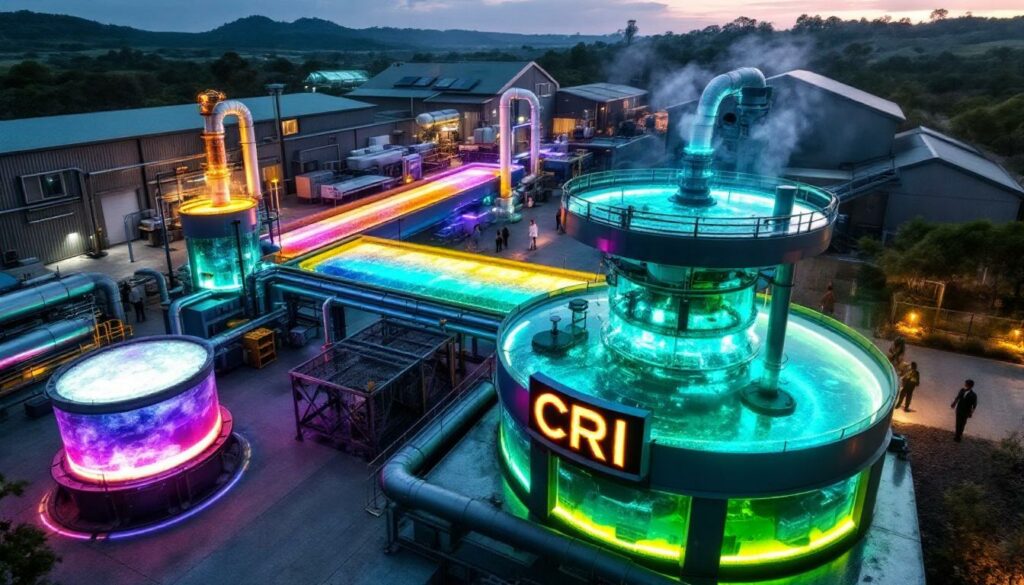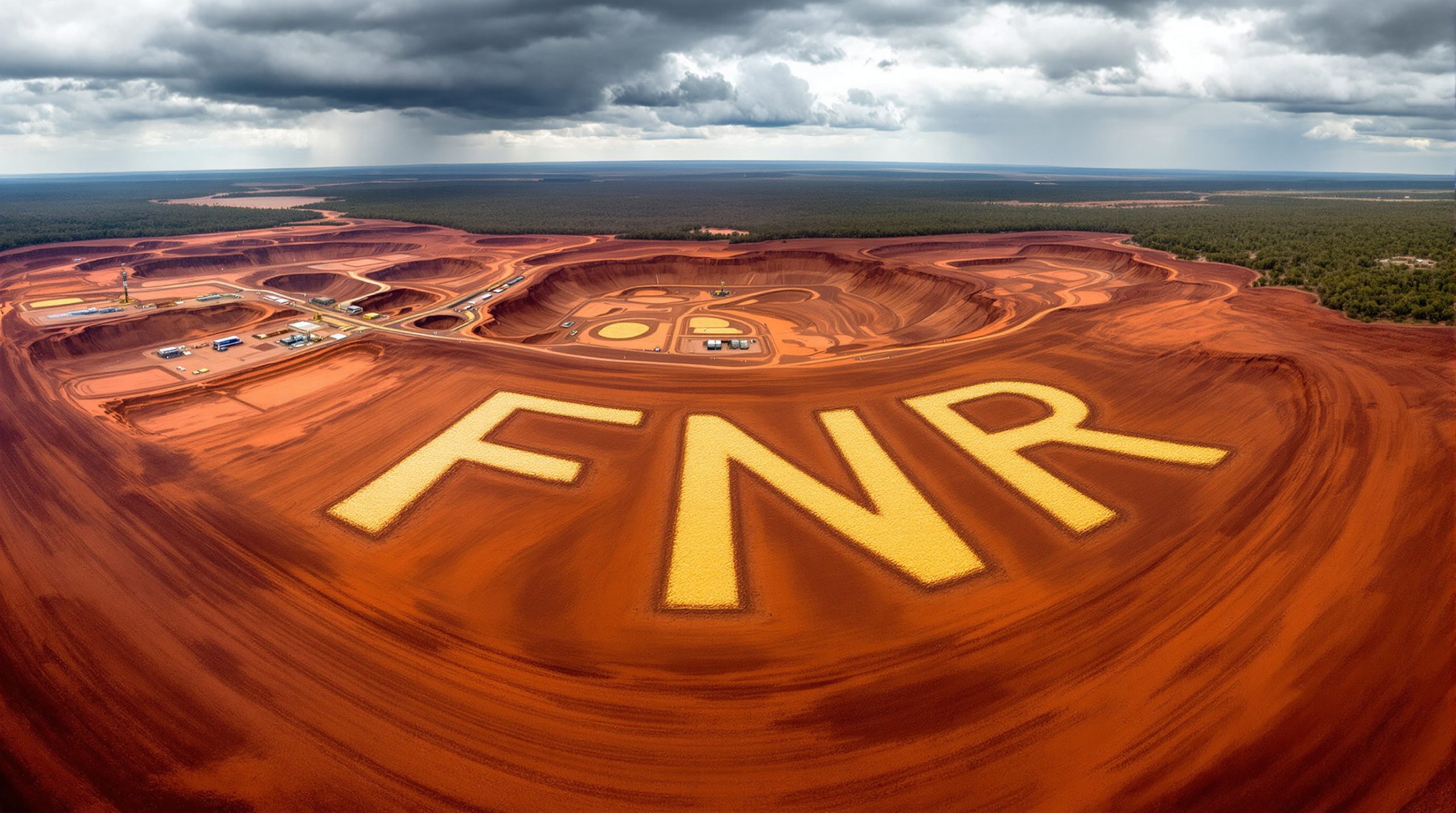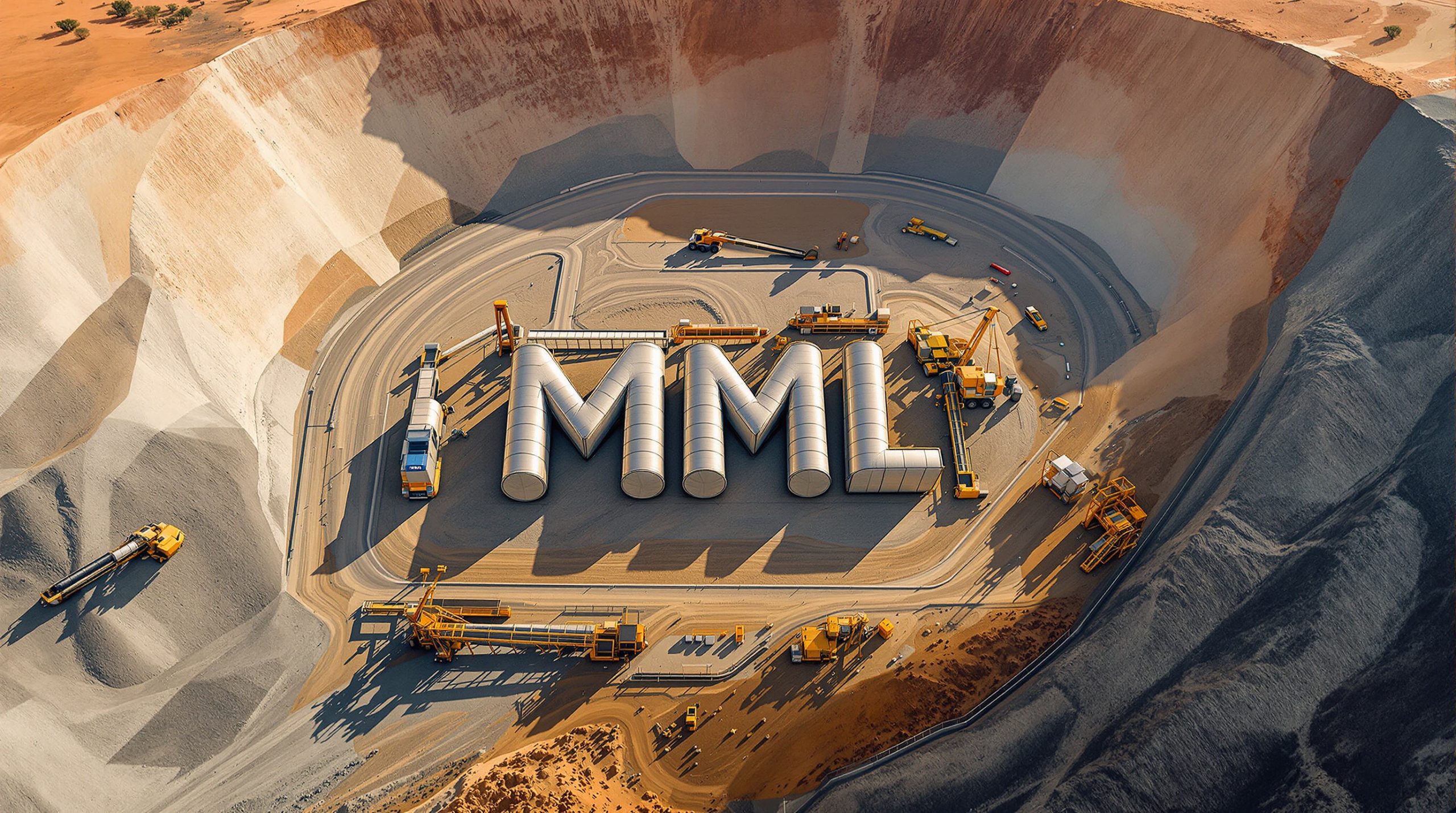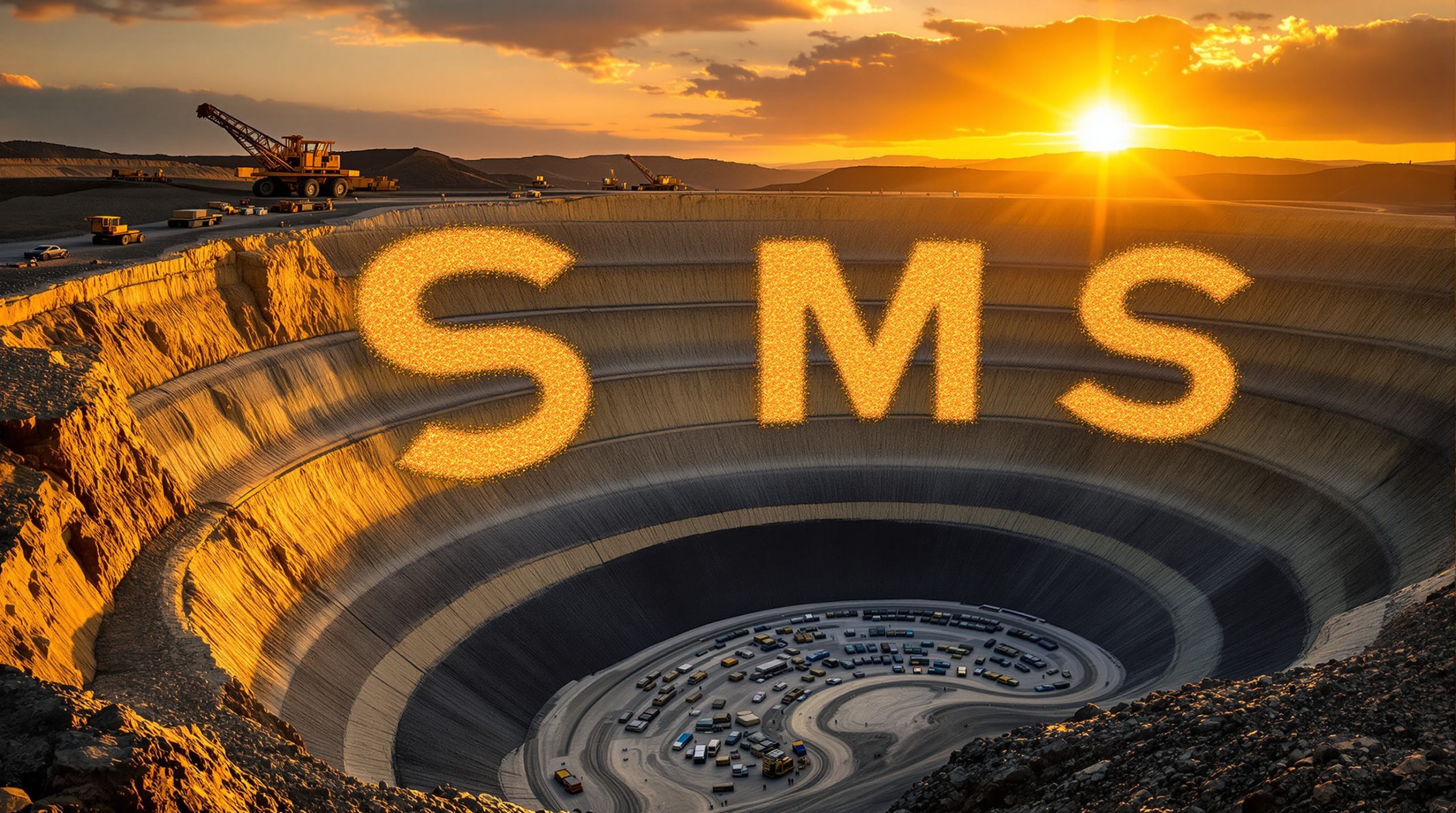Critica's Jupiter Project Achieves Breakthrough with 95% Mass Reduction in Rare Earth Processing
Critica Limited (ASX: CRI) has reached a significant milestone in the development of its flagship Jupiter Project, with metallurgical test work demonstrating exceptional beneficiation results for both magnet and heavy rare earth elements – critical components in the global clean energy transition.
Record-Breaking Beneficiation Results Strengthen Project Economics
The latest test work, conducted by Vietnam's Centre for Science and Technology of Mineral Resources and Environment (CSTMRE), has delivered outstanding results that position Jupiter as a potential game-changer in Australia's rare earth supply chain.
The beneficiation process achieved a concentrate grade of 15,000 ppm (1.5%) Total Rare Earth Oxides (TREO), including 3,990 ppm Magnet Rare Earth Oxides (MREO) and 1,400 ppm Heavy Rare Earth Oxides (HREO). Most significantly, the process demonstrated a 95% mass reduction – meaning only 5% of the original material would require chemical processing.
"This next phase of test work confirms Jupiter's ability to deliver upgraded rare earth concentrates with a meaningful NdPr and HREO component. One of the most important—yet underappreciated—outcomes is the exceptional 94.5% mass reduction achieved. This dramatically lowers the volume of material requiring chemical processing, which in turn reduces capital and operating costs, minimises environmental impact, and enhances permitting and ESG outcomes." – Jacob Deysel, CEO
Jupiter Project by the Numbers:
| Resource Metric | Value |
|---|---|
| Resource Size | 1.8 billion tonnes @ 1,700 ppm TREO |
| High-Grade Zone | 500 million tonnes @ 2,200 ppm TREO |
| Beneficiated Grade | 15,000 ppm (1.5%) TREO |
| Mass Reduction | 95% |
| MREO Content | 3,990 ppm |
| HREO Content | 1,400 ppm |
| Combined NdPr+HREO | 5,200 ppm |
| By-product Potential | 67% Fe iron ore |
Understanding Heavy Rare Earth Oxides
Heavy Rare Earth Oxides (HREO) represent some of the most valuable and strategically important rare earth elements in the periodic table. These include elements like dysprosium and terbium, which are essential components in high-performance permanent magnets used in electric vehicles, wind turbines, and defence applications.
What makes HREOs particularly significant is their scarcity and the current concentration of supply chains in China. The global supply of these elements faces increasing constraints as demand grows for clean energy technologies and advanced electronics.
The Critica Ltd Jupiter Project's successful upgrading of HREOs marks a crucial development for Australia's strategic minerals industry. For investors, the HREO content adds significant potential value to the Jupiter Project, as these elements typically command premium prices compared to light rare earths due to their limited global supply and high-grade REE critical minerals applications in high-tech industries.
Competitive Advantages: Location, Scale, and Processing Efficiency
Jupiter's development potential is enhanced by several key advantages:
-
Massive Resource Scale: At 1.8 billion tonnes, Jupiter represents Australia's largest clay-hosted rare earth resource.
-
Strategic Location: The project is situated near established infrastructure and processing hubs, including Lynas (Mt Weld) and Iluka (Eneabba).
-
Clean Metallurgy: The deposit contains exceptionally low uranium and thorium content, simplifying regulatory and environmental considerations.
-
Potential By-product: The beneficiation process produced a potential premium iron ore by-product grading 67% Fe.
-
District-Scale Potential: Jupiter is just one of six clay-hosted REE discoveries within the Brothers Project footprint, representing less than 3% of the total project area.
The Science Behind Mass Reduction
The 95% mass reduction achieved at the Critica Ltd Jupiter Project represents a significant technical breakthrough. This process involves separating valuable rare earth-bearing minerals from non-valuable components (primarily silicates and iron oxides) through physical separation methods.
The beneficiation process employed at Jupiter utilises Wet Low Intensity Magnetic Separation (WLIMS) followed by froth flotation – conventional technologies that have been optimised for the specific mineralogy of the deposit.
This approach offers multiple advantages:
-
Reduced Processing Volumes: With only 5% of the original material requiring chemical processing, the project can potentially operate with a much smaller processing plant footprint.
-
Lower Chemical Consumption: Fewer reagents and chemicals are required when processing the concentrated material.
-
Reduced Waste Volumes: Less tailings and waste material to manage, leading to smaller environmental footprint.
-
Energy Efficiency: Less material to process means lower energy requirements and reduced carbon emissions.
The mass reduction achievement at Jupiter is particularly notable in the context of clay-hosted rare earth deposits, which have historically proven challenging to process efficiently. Furthermore, similar environmental social planning considerations have proven crucial for other critical mineral projects.
Future Development Pathway
Based on these metallurgical results, Critica is now optimising its resource model to prioritise HREO-rich zones, with results expected in the coming weeks. Ongoing metallurgical test work is focused on:
- Refining beneficiation processes to maximise grade and recoveries
- Producing beneficiated material suitable for leach testing
- Advancing rare earth carbonate production studies
- Assessing potential premium iron ore by-product opportunities
"Jupiter's sheer scale, grade, and location remain critical advantages, but it's our ability to now show tangible progress toward a commercial outcome that sets us apart. This is another step in unlocking the project's value with speed, discipline, and a sharp commercial focus." – Jacob Deysel, CEO
Why Investors Should Follow Critica
Critica's Jupiter Project represents a compelling investment proposition in the critical minerals sector for several reasons:
-
Scale and Grade: As Australia's largest clay-hosted rare earth deposit, Jupiter offers resource size and grade comparable to world-class deposits.
-
Proven Beneficiation: The demonstrated 95% mass reduction potentially translates to significantly lower capital and operating costs compared to competitors.
-
Strategic Metals Focus: The project's strong MREO and HREO content aligns with critical supply chain needs for clean energy and defence applications.
-
ESG Advantages: Reduced processing volumes and clean metallurgy (low uranium/thorium) support favourable environmental and permitting outcomes.
-
Multiple Value Drivers: With by-product potential and district-scale exploration upside, the project offers multiple pathways to value creation.
As global competition for rare earth supply chains intensifies, Critica's Jupiter Project has demonstrated both the resource potential and processing pathway to become a significant contributor to Australia's critical minerals strategy. In addition, the company's approach aligns with broader critical mineral supply chain initiatives that are gaining momentum globally.
The Critica Ltd Jupiter Project could potentially follow a similar path to companies that have conducted a strategic review of untapped potential in their assets. Recently, other explorers have made significant rare earth discoveries that complement the growing critical minerals sector in Australia.
Ready to Catch the Next Major Rare Earth Discovery?
Stay ahead of significant mineral announcements like Critica's Jupiter breakthrough with Discovery Alert's proprietary Discovery IQ model, delivering real-time alerts on ASX discoveries with exceptional return potential. Explore historic discovery performances and their market impact at the Discovery Alert discoveries page and position yourself to capitalise on the next major find.




